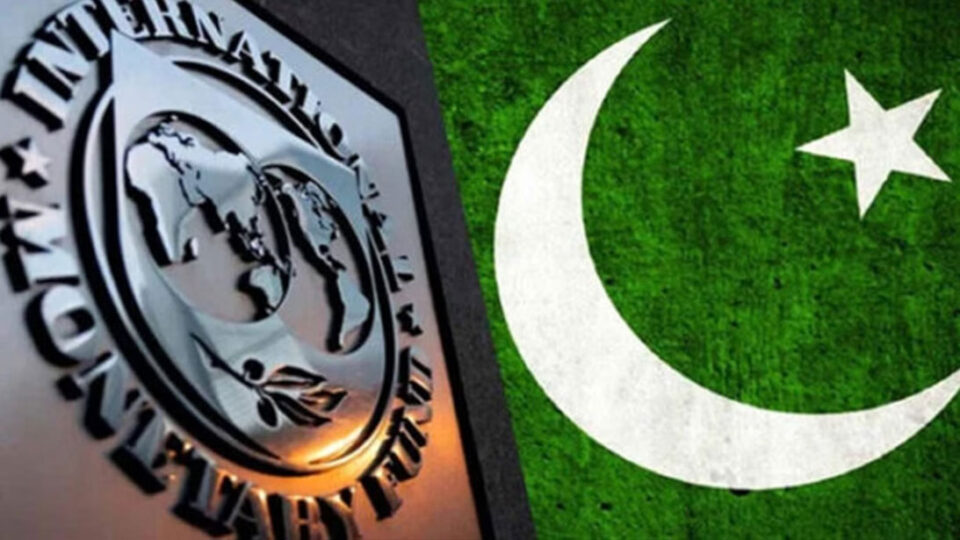IMF Raises Concerns Over Pakistan’s Anti-Corruption Measures and Identification of Politically Exposed Persons
The International Monetary Fund (IMF) has expressed concerns about Pakistan’s capacity to effectively identify politically exposed persons (PEPs) and detect corruption, citing inconsistent implementation of safeguards and a lack of sufficient red-flag indicators to prevent misuse of public office.
These points are part of the IMF’s draft findings from its Governance and Corruption Diagnostic Assessment Mission, shared with the Pakistani government ahead of the report’s official release expected later this month, according to Express Tribune.
The assessment, conducted under Pakistan’s $7 billion IMF bailout program, involved consultations with nearly three dozen government and state institutions. Islamabad has been given the opportunity to review and respond to the draft before the final report is published. The report’s release was initially scheduled for July but has been extended to the end of August at the government’s request.
The draft highlights significant gaps in Pakistan’s anti-corruption framework, especially in identifying and monitoring PEPs. It notes that smaller institutions often lack access to comprehensive data and automated screening tools, while corruption-specific red-flag indicators remain underdeveloped. These limitations hamper efforts to detect financial misconduct and abuse of public office.
The IMF recommends that Pakistan develop new guidelines based on international best practices to strengthen anti-corruption safeguards, particularly in government contracts and public office. Countries like Canada and Colombia were cited as examples, where targeted measures have enhanced detection and prevention of corruption.
The report recognizes Pakistani authorities’ efforts to build a basic framework for minimizing corruption risks. Regulatory bodies such as the State Bank of Pakistan (SBP), Securities and Exchange Commission of Pakistan (SECP), and Federal Board of Revenue (FBR) have issued guidelines for identifying PEPs. Financial institutions and designated non-financial businesses are required to follow enhanced due diligence processes including senior management approval, wealth verification, and ongoing monitoring.
However, the IMF points out that smaller institutions often struggle to fully implement these safeguards, relying on internal systems that may be insufficient beyond official lists. Furthermore, many institutions lack clarity on corruption-specific risk indicators, limiting their ability to detect laundering of illicit funds.
The FBR has launched an online platform to help institutions screen customers against official lists of public officials, including senior civil servants and members of parliament. Despite this, the IMF notes that many reporting institutions have limited access to typologies that reflect common methods of laundering corruption proceeds.
The draft report encourages Pakistan to adopt specific guidance on identifying unusual financial activities linked to PEPs and government contracts to reduce corruption risks.
The Ministry of Finance has reportedly set deadlines for various departments to respond to the IMF’s observations. While some agencies have accepted the findings, others have requested revisions, leading to a prolonged review process. This may delay the final publication of the report.

